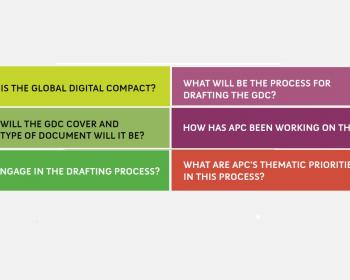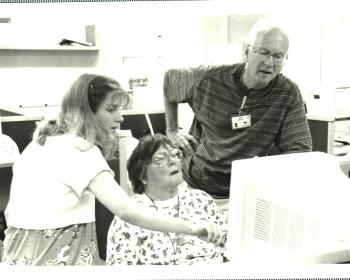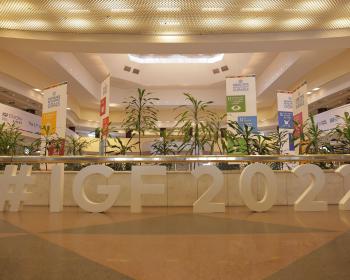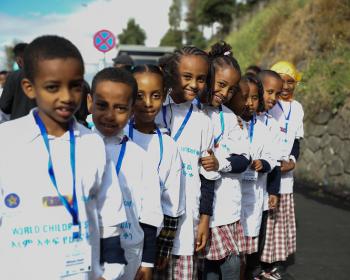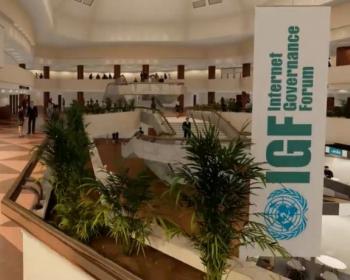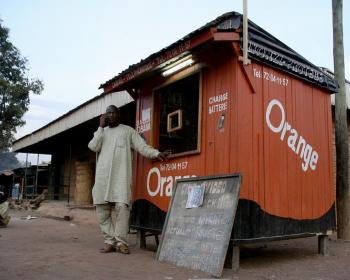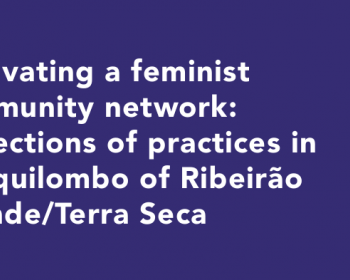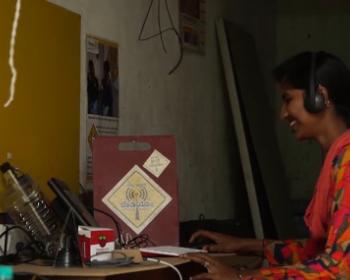Digital inclusion
This introductory brief produced by APC seeks to provide civil society organisations with an initial understanding of the strategic relevance of engaging in the UN-led Global Digital Compact process by developing inputs based on a long-term vision for what we want the internet to be.
APC believes that the Global Digital Compact could play a key role in ensuring that the lessons learned from years of multistakeholder cooperation feed into future processes of internet policy, internet governance and global digital cooperation.
Digitalisation by default excludes rather than includes people and requires analogue inclusion as well. It requires policy approaches that understand the causes of broader inequality in general, reflect the lived experiences of those excluded and address “digital” divides.
This submission was prepared in response to a call for inputs from the UN Office of the High Commissioner for Human Rights for a workshop on promoting and protecting economic, social and cultural rights within the context of addressing inequalities in the recovery from the COVID-19 pandemic.
The annual Internet Governance Forum (IGF) is the United Nations’ most significant multistakeholder event for tackling internet governance. Here are some highlights of the APC network's participation this year.
Our columnist writes about how advocates for children’s rights online can build leverage in the digital community and in the United Nations. This post is derived from a presentation at the 2022 conference of The Association of Internet Researchers, and is co-published with the LSE Media and Communications blog.
This IGF is taking place when the effects of overlapping global crises such as the weakening of democracy, wars, and the worsening of the environmental situation and climate change are felt strongly but differently in different contexts. What does all this mean for internet governance?
Our columnist recalls how bleak Africa’s communications landscape was a generation ago, what the "communications revolution" has wrought and what we should try to learn from the past.
This report is an outcome of an action-research project that gathered community members, women farmers, technologists, agro-ecologists and community network practitioners to create a community network in the quilombola community of Ribeirão Grande/Terra Seca, Brazil.
We want people affected by exclusion, discrimination and inequality to be able to meaningfully use and shape the internet and digital technologies to meet their specific needs. Check out our achievements in this area in 2021.

Association for Progressive Communications (APC) 2022
Unless otherwise stated, content on the APC website is licensed under Creative Commons Attribution 4.0 International (CC BY 4.0)



